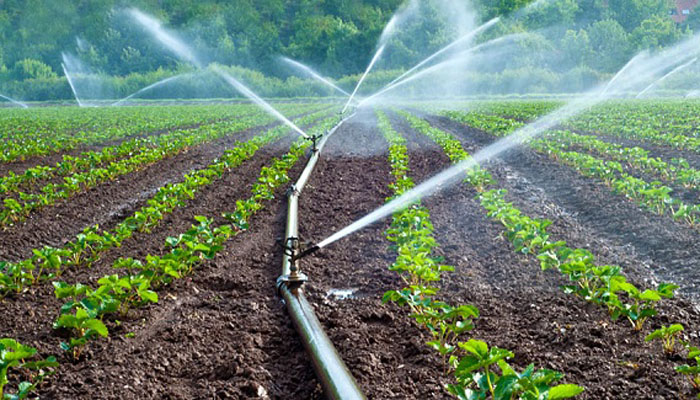
The Sunday Mail

Phillipa Mukome Chinhoi
GOVERNMENT and the United Nations Development Programme (UNDP) are collaborating to establish over 20 irrigation schemes, aimed at minimising the effects of drought due to El Nino.
The initiative is being implemented under the Building Climate Resilience of Vulnerable Agricultural Livelihoods in Southern Zimbabwe Building Resilience project.
With financial support from the Green Climate Fund, the project aims at benefiting more than 2 180 households in rural Zimbabwe.
The targeted provinces for the irrigation schemes include Matabeleland South, Masvingo and Manicaland provinces.
In a statement, UNDP said: “Two such schemes have been completed (benefitting 320 households), while eight remain in progress (benefitting 2 180 households).
“Already in 2023, this partnership benefitted 3 356 farmers with new irrigation infrastructure and climate-smart agriculture training, 43 939 hectares cultivated with climate-resilient agriculture, 69 670 farmers benefiting beyond irrigation schemes – such as agriculture training, seed multiplication, and financial management.
“This partnership also supports traditional rain-fed irrigation farmers – increasing yields by 294 percent in 2023 compared to the baseline, and 109 percent over the previous season (2021-2022).”
Farmers like 48-year-old Joyce Chauke from Pikinini, Jawanda, are eagerly anticipating the upcoming irrigation scheme in Mwenezi.
“Our region is generally dry, and we rarely get a good harvest,” she said. “It is even worse now that there is the most talked about El Nino. We cannot wait to have our irrigation scheme functional, so we can start producing food for consumption as well as for business.”
Approximately 70 percent of Zimbabwe’s population relies on subsistence rain-fed agriculture for food and nutrition security.
The 2023-2024 farming season was particularly challenging due to below-average rainfall attributed to El Nino.
Irrigation expert Engineer Regis Chiwaya, who is working on the project for UNDP, said the transformative potential of the irrigation schemes will enable beneficiary communities to turn farming into sustainable businesses.




